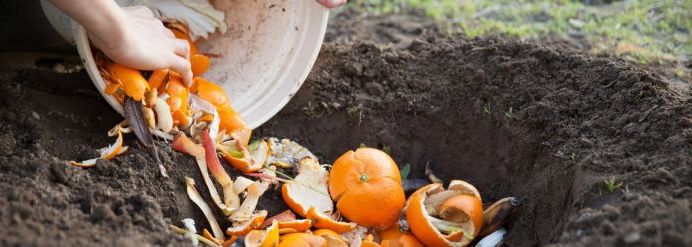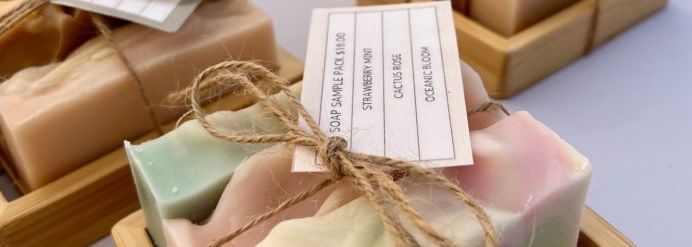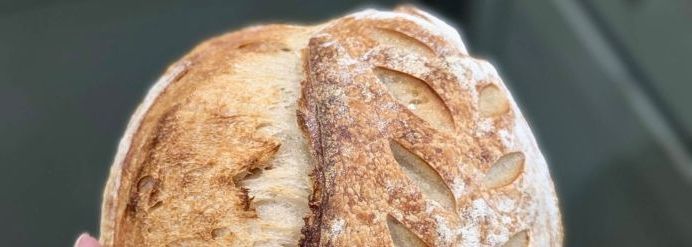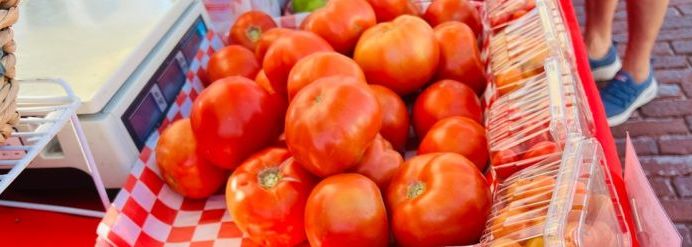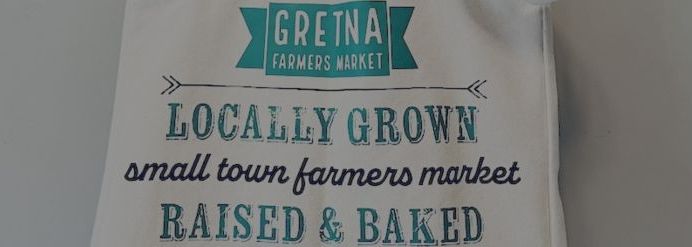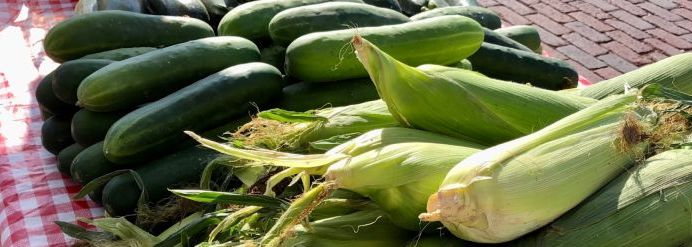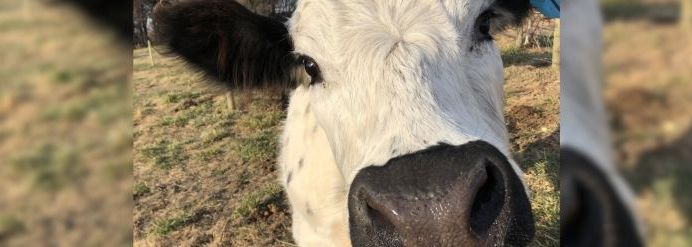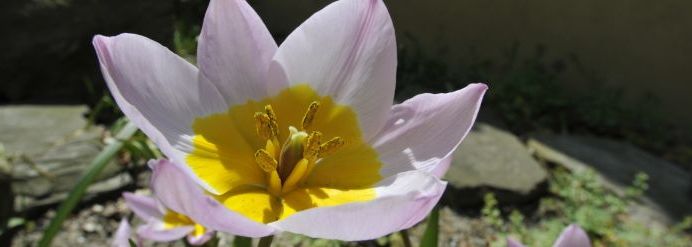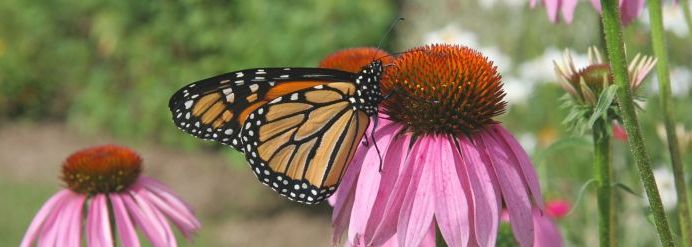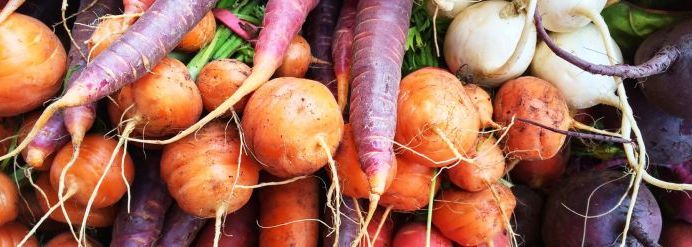Composting is nature's way of recycling organic matter. You can transform kitchen scraps and yard waste into nutrient-rich soil. This provides numerous benefits to your garden, promoting healthy plant growth and improving soil fertility. Some of our local vendors use composting to help their crops and flowers. In this beginner's guide to composting, we'll explore the basics of composting, from what to compost to how to get started!
So, what is composting?
Composting is the process of decomposing organic materials, such as fruit and vegetable scraps, grass clippings, leaves and coffee grounds, into a dark, crumbly substance known as compost. During composting, microorganisms like bacteria, fungi and worms break down organic matter, converting it into humus, a nutrient-rich material that resembles soil.
Why compost?
Composting offers several benefits for both you and your garden. Composting leads to healthier plants and higher yields in your garden. Compost also suppresses plant diseases and pests, reduces the need for chemical fertilizers and pesticides, and promotes biodiversity in the soil.
Tips for getting started with composting
Choose a location
Select a suitable location for your compost pile or bin. Ideally, choose a spot that is well-drained and receives partial sunlight.
Gather materials
Collect a mix of brown and green materials for your compost pile. Brown materials include dried leaves, straw and shredded paper, while green materials include fruit and vegetable scraps, grass clippings and coffee grounds.
Build your compost pile
Layer your brown and green materials in alternating layers, making sure to keep the pile moist but not waterlogged. Aim for a ratio of about two parts brown materials to one part green materials.
Aerate and turn
To speed up the composting process, aerate your compost pile regularly by turning it with a pitchfork or shovel. This helps introduce oxygen to the microorganisms that break down the organic matter.
Monitor and adjust
Keep an eye on your compost pile, monitoring its moisture level and temperature. If the pile is too dry, add water; if it's too wet, add more brown materials. Aim for a temperature between 110°F and 160°F for optimal composting.
Harvest your compost
After several weeks to several months, depending on factors like temperature and the size of your pile, your compost will be ready to use. Harvest the finished compost from the bottom of the pile and use it to enrich your garden soil.
Do’s and don'ts
Do compost these things: fruit and vegetable scraps, coffee grounds and filters, eggshells, grass clippings, leaves, shredded paper and cardboard, yard trimmings and plant-based kitchen scraps.
Don’t compost these things: meat, fish, dairy products, oils and fats, pet waste and synthetic materials.
Some of our local vendors compost
By following these simple steps and guidelines, you can harness the power of composting to enrich your garden soil. Whether you're a seasoned gardener or a beginner, composting is a rewarding way to turn waste into gold! If you have any questions, feel free to ask our local vendors who compost in their Nebraska gardens.




